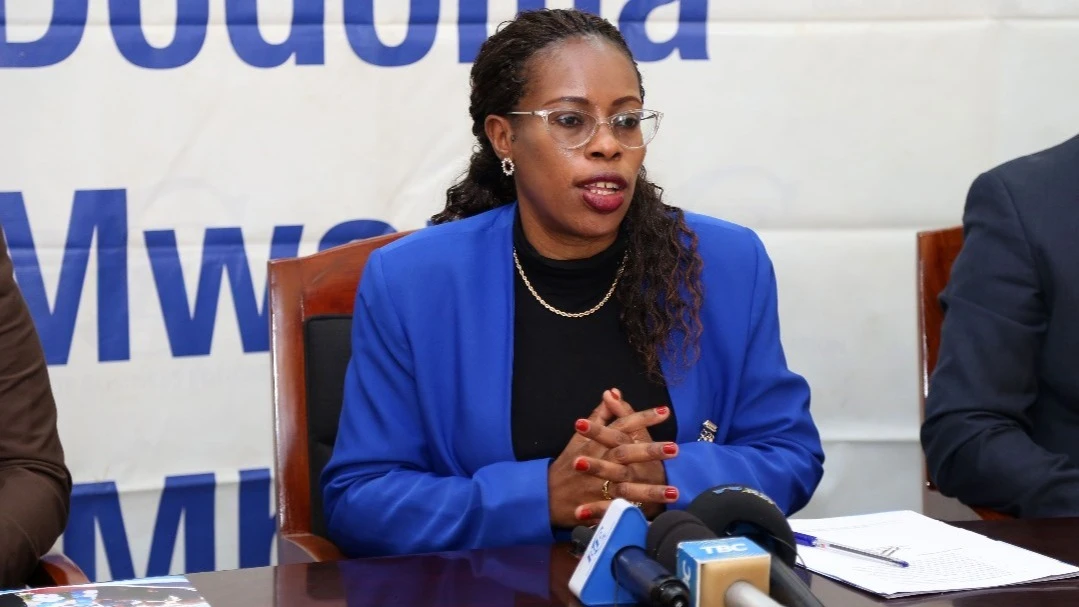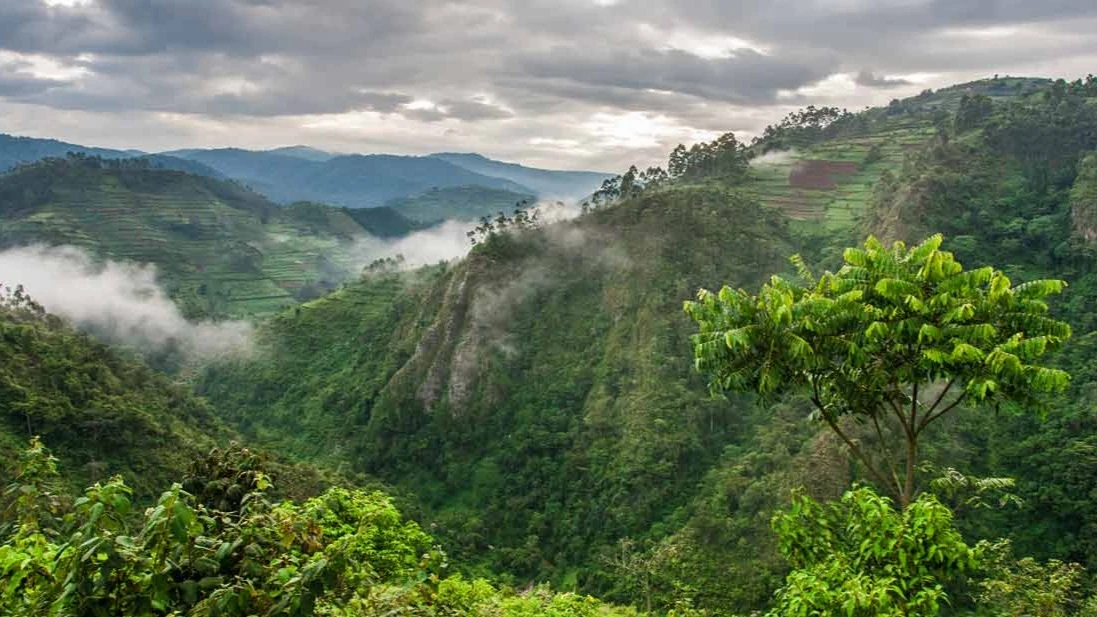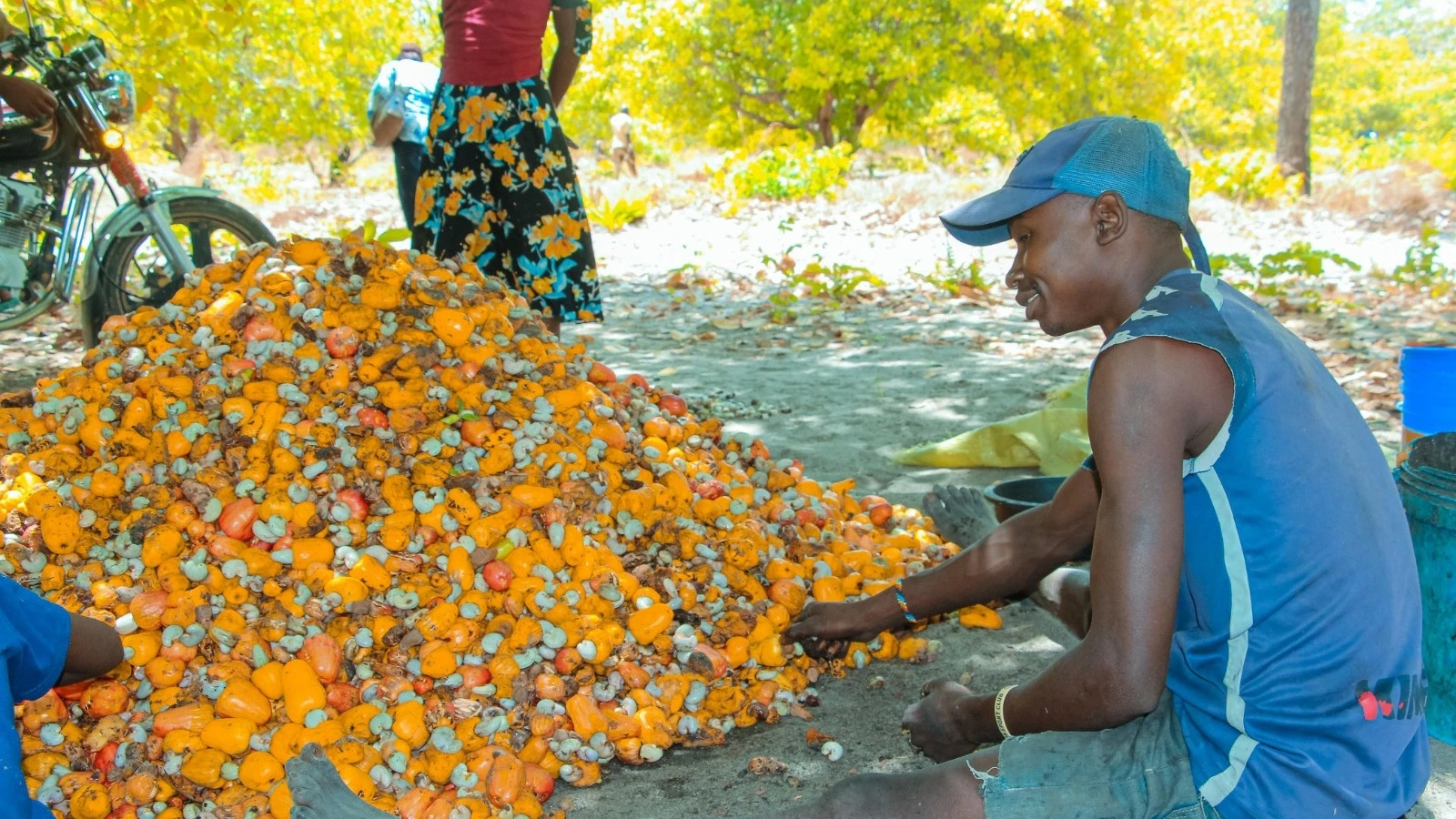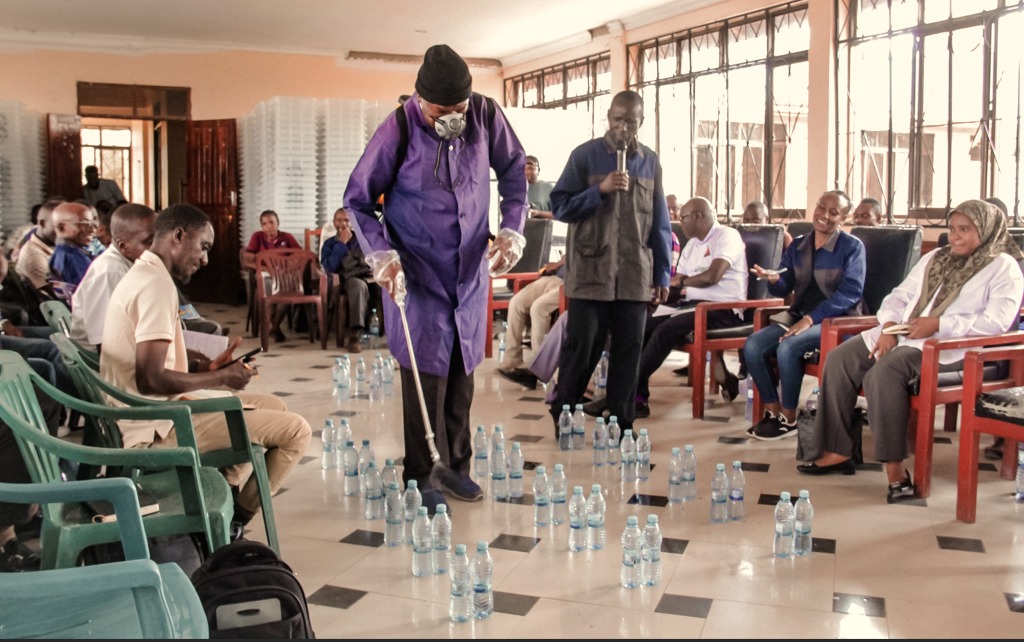Chunya District allocates 52,000 acres for farming
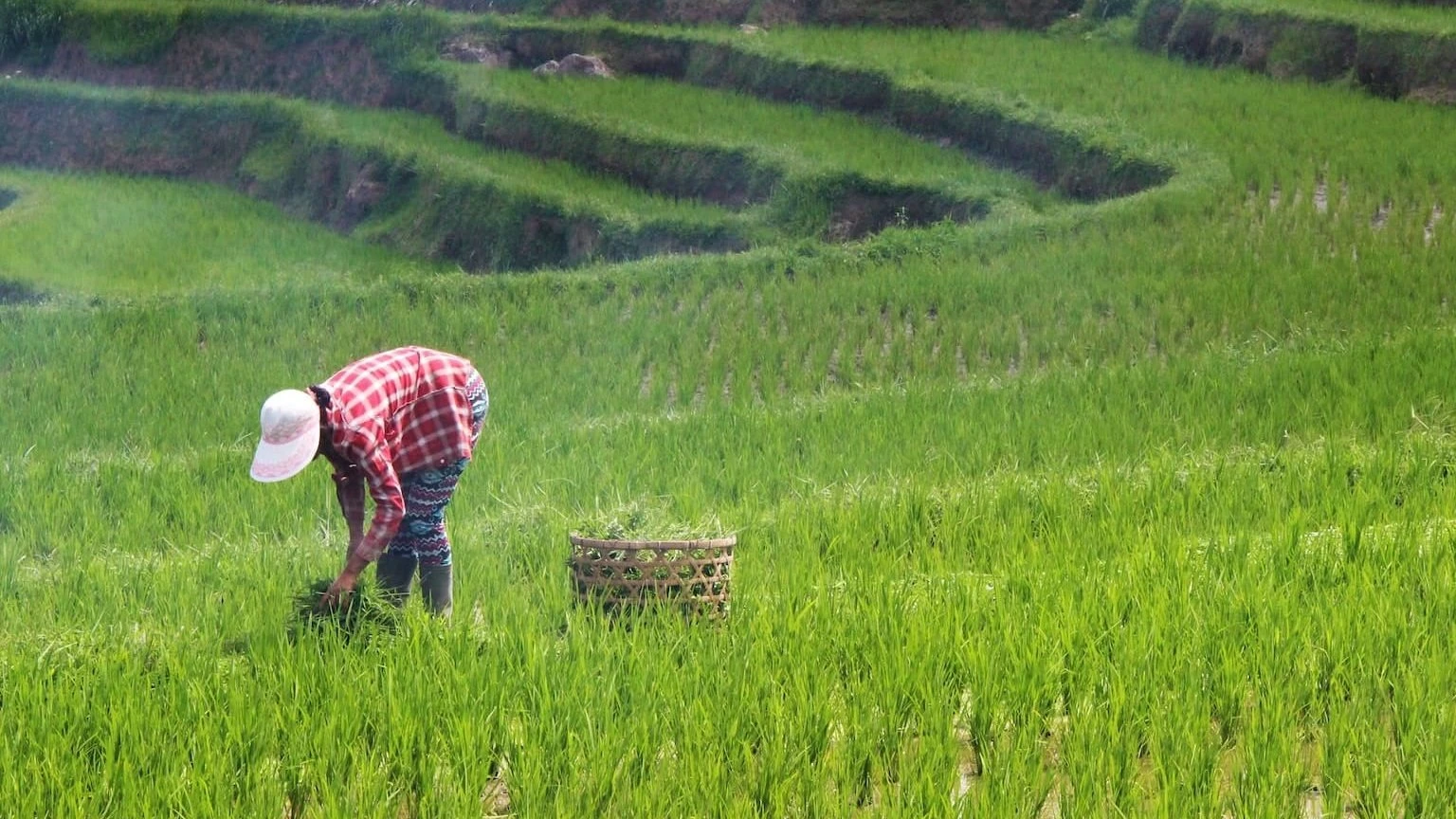
CHUNYA District Council in Mbeya Region has allocated more than 52,000 acres of land to facilitate collective farming of various crops, including cash crops, in a renewed effort to increase agricultural production and productivity.
Paul Rugodisha, the agricultural officer for Chunya District Council, announced the initiative recently during a council executives meeting aimed to assess preparations for the upcoming farming season, which is set to commence in November.
He said the council is focused on enhancing food security and boosting local economies through increased agricultural output.
Rugodisha said the designated land is situated in Nkung’ungu, Lualaje and Mapogoro villages, all of which boast large areas well-suited for diverse agricultural activities.
Rugodisha highlighted that this initiative aligns with the government’s broader strategy to empower women and youth through the Building a Better Tomorrow: Youth Initiative for Agribusiness (BBT-YIA) programme which aims to enhance livelihoods in various districts, including Chunya.
“We have commenced operations with the Mapogoro Village farm, covering a total of 27,000 acres. This land has been jointly titled between our council and the Ministry of Agriculture, and soil health assessments have already been conducted. We are now preparing to allocate this land to farmers who will cultivate a variety of crops,” Rugodisha said.
Chunya District Commissioner, Senior Immigration Officer Mbaraka Batenga, urged potential investors to explore agricultural opportunities in the district, asserting that the local government has created a favourable investment environment.
He emphasised that the district’s climate and fertile soil support the cultivation of a wide range of crops, including both food and cash crops.
“Chunya is among the top producers of tobacco in the country, ranking third nationally, which has helped to establish the region as a significant player in the tobacco industry. Additionally, we are capable of growing various other crops, such as maize, beans, groundnuts, and sesame. Any investors interested in entering this market should feel confident in reaching out to us for support,” Batenga said.
He noted that beyond agriculture, Chunya District is also rich in natural resources, producing substantial amounts of gold. He invited investors in the mining sector to consider opportunities in the district, highlighting the potential for mutually beneficial partnerships.
He said through the collective farming efforts and investment opportunities, Chunya District is poised to become a key agricultural and economic hub in Mbeya Region.
The council’s initiatives aim not only to boost agricultural productivity but also to improve the livelihoods of local farmers and contribute to the overall economic development of the region.
Top Headlines
© 2024 IPPMEDIA.COM. ALL RIGHTS RESERVED








